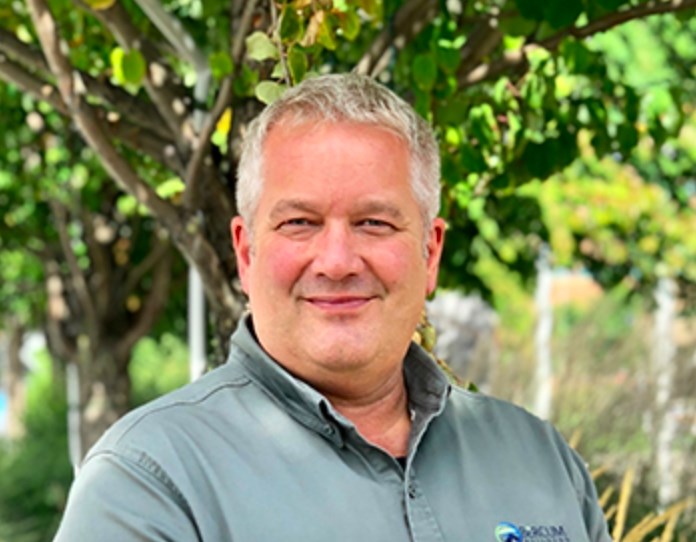No easy answers to make new B.C., Kelowna homes more affordable: CHBA

Dramatic changes to the way new housing is built is needed if it’s going to become more affordable, the new president of the Canadian Home Builders' Association of the Central Okanagan says.
“The way we’ve been building homes for the past 50 years, I think, that has to change,” Darren Witt told iNFOnews.ca. “The rest of the world has got creative and innovative with technology and new ways of doing things. I don’t think the construction industry has kept up.”
In order to make housing more affordable, builders have to look for innovative ways to do things while still meeting increasingly strict building codes that, for example, now require new homes to be more energy efficient.
While there’s a cost to that, it pays off in lower utility bills in the future, Witt noted.
READ MORE: Putting Kelowna's $1 million for median-priced home in context
But making things more affordable also comes from customers who are demanding high end homes with things like hardwood floors and an office or two. No one wants simple, basic homes that are less costly to build, he said.
On the other hand, because of the high cost of building new homes, there’s a growing demand to have secondary suites in place to help pay the mortgage.
“We’re in a very challenging time for the construction industry, especially residential,” Witt said.
While the huge bump in lumber prices last spring has eased, the cost of things like sheet metal and anything with oil or resins in them have gone up and offset the lower lumber prices.
And Development Cost Charges — fees developers pay to municipalities for each housing unit built — continue to go up.
Last year, for example, the City of Kelowna added a new charge of $6,545 for each housing unit to help pay for the cost of building parks.
In a presentation to council in September, city staff recommended increasing the fees for each new secondary suite or carriage house from the existing flat $2,500 to the same as a single family home.
“That’s affordable housing to most people,” Witt said. “If that’s going up, it’s going to get passed on, whether it’s rent or somebody purchasing, it still gets passed on to the homeowner.”
Staff are also recommending a new fee be added for storm drainage that ranges from $253 to $843 per unit, depending on location and type.
The city currently collects $44,800 to for each home built in the South Mission. That could jump to more than $55,000 if the new fees are approved.
But it’s not just local governments that are pushing the prices up. There are many things senior governments do that add to the costs.
“Look at paid sick leave,” Witt took as an example. “Legislation is coming out that we’re going to pay sick leave. I fully agree with that but, if it takes 75 people to build a home and the home takes a year, if it’s three days times 75, the cost has gone to the business. So, now, that cost gets transferred to the homeowner.”
There’s a role for all levels of governments to play, although Witt didn’t want to talk much about what he thinks senior governments should do. But, he did point out that, if housing costs are subsidized, that comes out of taxes that everyone has to pay.
“It’s a very fine balance and it’s a difficult scenario,” he said. “It’s all about affordable housing but realistically, it’s very hard to actually build affordable housing. I think the challenge to our membership is, how do we get more innovative in the way we build to bring costs down? The government is going to give us legislation one way or another – through the building code or local bylaws, whatever that may be. What can we do to innovate more, to find different ways of building, that still meets code to be able to provide affordable housing?"
READ MORE: When Canadians wanted to move during COVID, most chose B.C.
To contact a reporter for this story, email Rob Munro or call 250-808-0143 or email the editor. You can also submit photos, videos or news tips to the newsroom and be entered to win a monthly prize draw.
We welcome your comments and opinions on our stories but play nice. We won't censor or delete comments unless they contain off-topic statements or links, unnecessary vulgarity, false facts, spam or obviously fake profiles. If you have any concerns about what you see in comments, email the editor in the link above.









